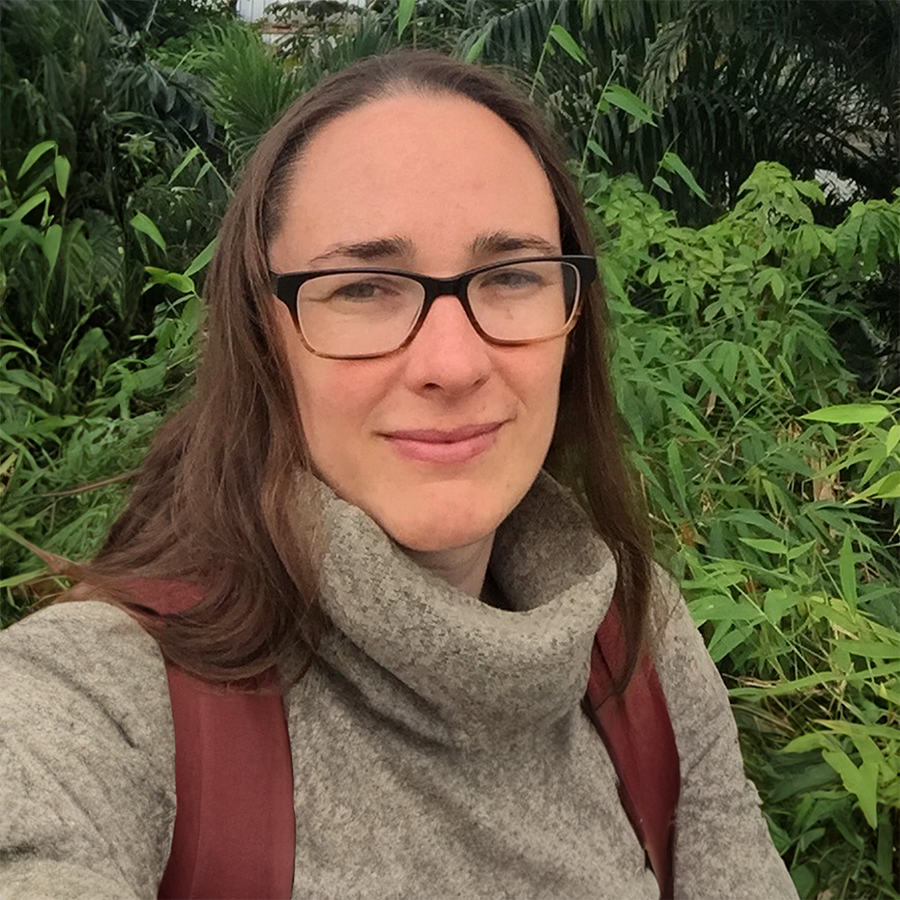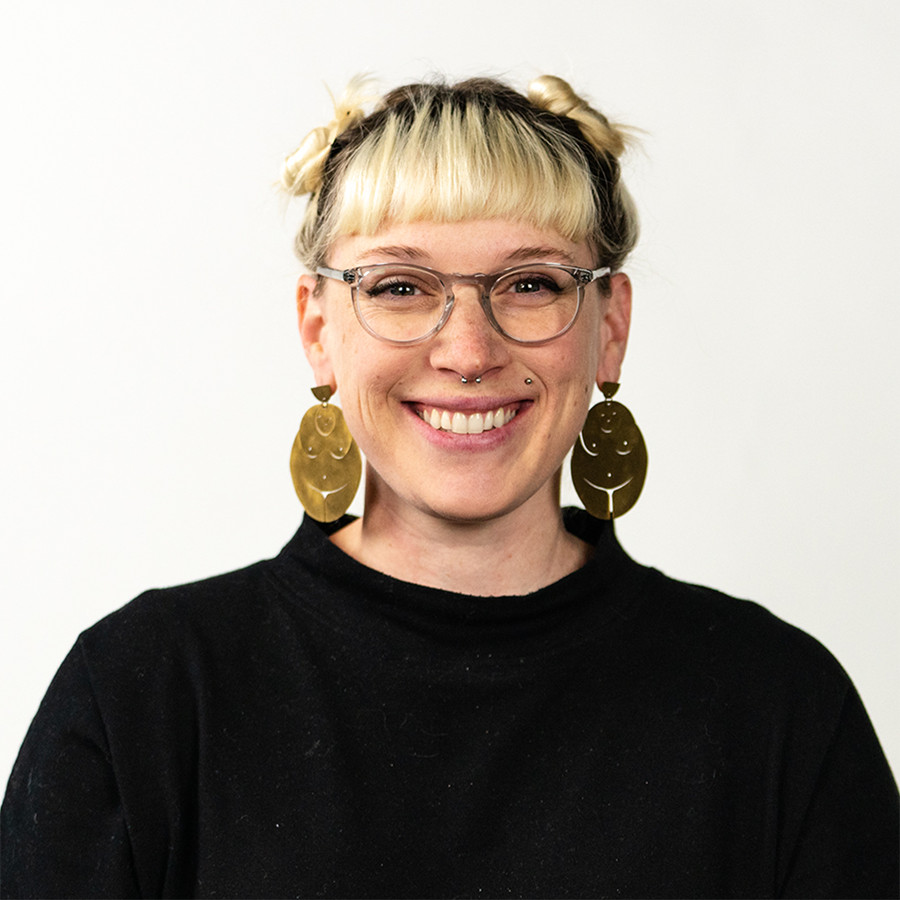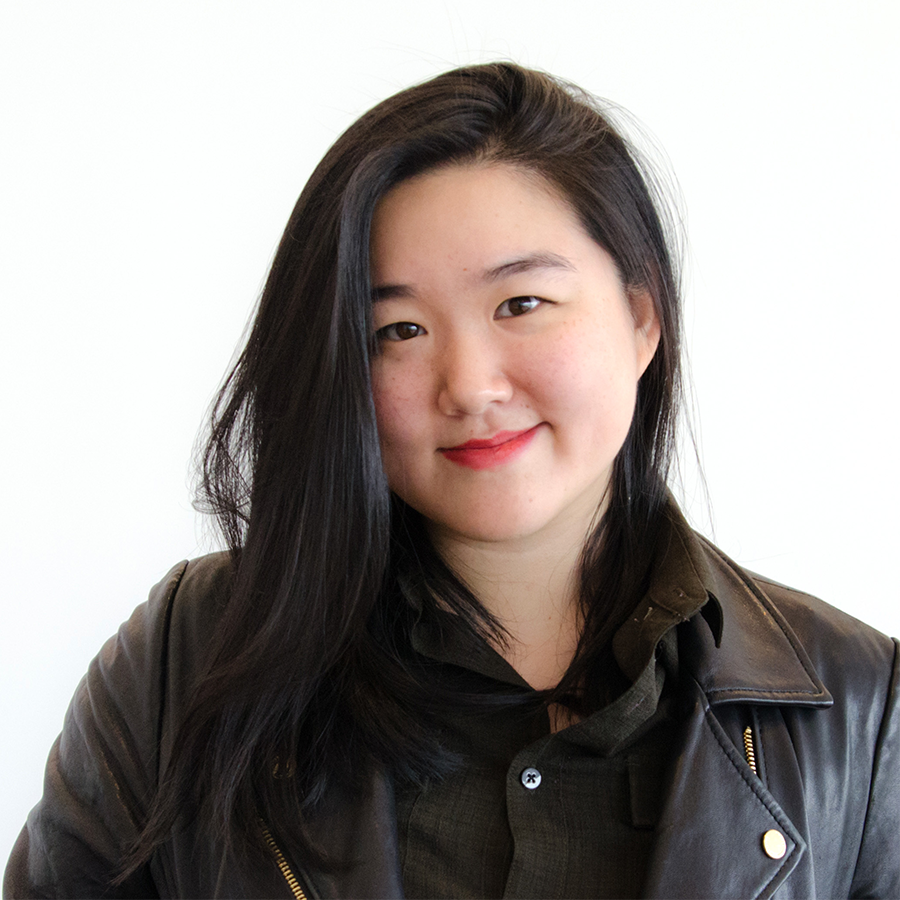Leah Pistorius
May 21, 2024
The University of Washington's Department of Human Centered Design & Engineering is pleased to announce the addition of three new faculty members: Dr. Shana Lee Hirsch, Cayla Key, and Emily Tseng. Together, their expertise enhances the department's focus in strategic areas such as environmental science and sociotechnical change, inclusive design and ethics, and equitable computing and social responsibility.

Dr. Shana Lee Hirsch
Shana Lee Hirsch, PhD
Research Assistant Professor
Starting Spring 2024
Dr. Shana Lee Hirsch works at the nexus of environmental science and sociotechnical change. She draws from her transdisciplinary background in natural resource science, policy, and management and her experiences working with engineers and scientists that are on “the front lines” of climate change. Her aim is to create a research program that supports diverse ways of knowing, designing, and innovating to address environmental challenges. Shana is Co-Director of the Pacific Marine Energy Center, a consortium of universities focused on the responsible advancement of marine renewable energy by expanding scientific understanding, engaging stakeholders, and educating students. Her current grants support the development of national foundational research capacity in marine energy; understanding community benefits from offshore wind; and supporting access to novel conservation monitoring technologies at the eDNA Collaborative at UW. Shana holds a PhD in Water Resources Law, Policy, and Management from the University of Idaho; an MSc in Global Environment, Politics, and Society from the University of Edinburgh; an MA in Cultural Studies from the University of Washington Bothell; and a BA in Liberal Arts from The Evergreen State College.

Cayla Key
Cayla Key
Assistant Teaching Professor
Starting Summer 2024
Cayla Key (Cayla/they/them) is a creative educator and researcher working at the intersection of design, technology, and ethics. Drawing on Queer and Feminist perspectives, Cayla develops teaching and research agendas that center ethics, sustainability, and marginalized perspectives as critical starting points for design thinking. Viewing design not only as a catalyst for environmental reparation and community engagement but also as a conduit for exploration and intellectual inquiry, Cayla encourages students to challenge conventional design paradigms and embrace innovative approaches. Cayla currently serves as an Interaction Design Lecturer at the University of Washington's School of Art + Art History + Design. Cayla is a former Marie Sklodowska-Curie Research Fellow and a Mozilla Research Fellow with diverse design experiences ranging from graphic to soft-goods industrial design. Cayla’s work had been awarded a Best Paper Award and 4 Best Paper Honorable Mention Awards at the ACM conferences Human Factors in Computing Systems (CHI) and Designing Interactive Systems (DIS). Their work has been funded by the European Commission and Mozilla Foundation. Cayla is a PhD candidate in Human-Computer Interaction from Northumbria University and holds a BS in Interaction Design from the University of Washington.

Emily Tseng
Emily Tseng
Assistant Professor
Starting Autumn 2025
Emily Tseng studies the role of computing in individual, interpersonal, and structural harms, and how to create more equitable tech. She uses theories of social responsibility (e.g., feminism, trauma-informed care, participation) to reimagine how we design data-driven systems, and build and test alternatives in deep collaborations with affected communities. Emily publishes at top-tier venues in human-computer interaction (ACM CHI, CSCW) and computer security and privacy (USENIX Security, IEEE Oakland). For five years, she has served as a researcher-practitioner with the Clinic to End Tech Abuse, where her work has enabled specialized security services for over 500 survivors of intimate partner violence (IPV). Emily is the recipient of a Microsoft Research PhD Fellowship, Rising Stars in EECS, Best Paper Awards at CHI, CSCW, and USENIX Security, and third place in the Internet Defense Prize. She has interned at Google and with the Social Media Collective at Microsoft Research. In prior lives, she made print, radio, and multimedia journalism, ran product development at a consumer biotechnology startup, and taught software engineering. Emily holds a BA in Ecology and Evolutionary Biology from Princeton University, where her undergraduate research on statistical approaches to epidemiology was awarded the department's top prize in mathematical modeling. She will join HCDE from the Department of Information Science at Cornell University, where she is finishing her PhD.